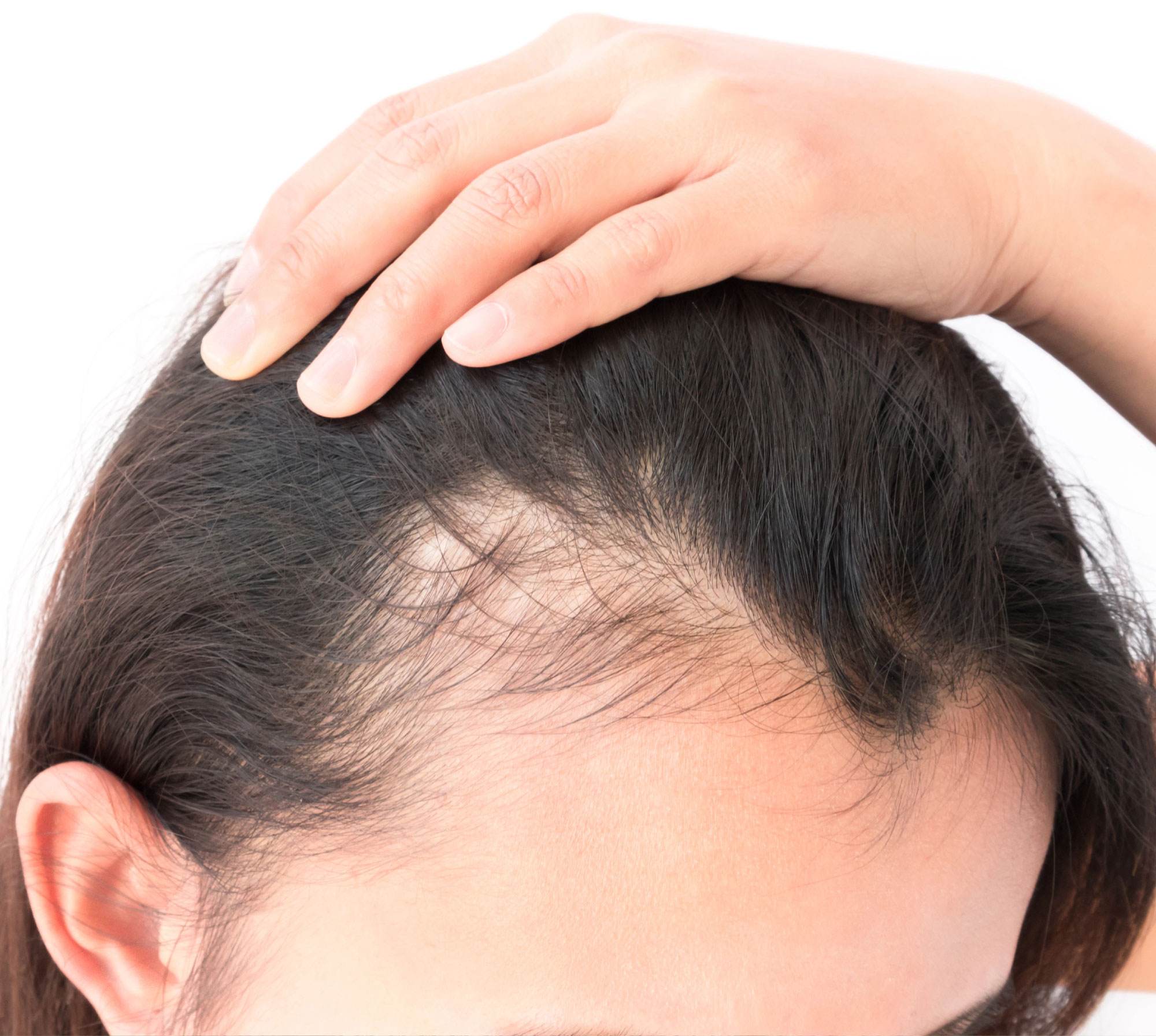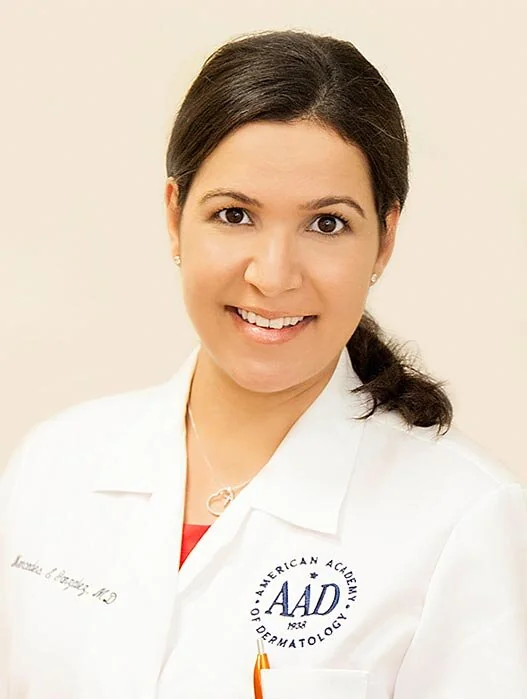
Understanding Pediatric Alopecia Areata
Alopecia Areata is an autoimmune disorder that causes hair loss in children and adults. This condition occurs when the immune system mistakenly attacks the hair follicles, leading to sudden hair loss in patches, complete scalp baldness (Alopecia Totalis), or total body hair loss (Alopecia Universalis). While not life-threatening, it can have a significant emotional and psychological impact on children, affecting their confidence and social interactions.
For families in Coral Gables and Miami looking for the latest advancements in pediatric alopecia areata treatment, clinical research is paving the way for more effective therapies. With no universally approved pediatric treatment options, clinical trials offer new hope for children affected by this challenging condition.
Why Research is Essential in Pediatric Alopecia Areata Treatment
Currently, treatment options for pediatric alopecia areata are limited, and many available therapies were originally designed for adults. Clinical research is essential in developing targeted treatments that address the specific needs of children with alopecia areata. By studying how young patients respond to various treatments, researchers can improve outcomes and reduce potential side effects.
One of the leading research institutions involved in pediatric alopecia areata studies is Pediatric Skin Research, which focuses on clinical trials to assess innovative treatments for children experiencing moderate to severe alopecia areata.
Ongoing Clinical Trials for Pediatric Alopecia Areata
At Pediatric Skin Research, studies are currently underway to evaluate new treatment options, including:
- Ritlecitinib (oral JAK3/TEC Inhibitor, FDA-Approved for 12+ Years Old)
• Focused on children ages 6-11.
• Investigates the efficacy of an oral JAK inhibitor to suppress the immune system’s attack on hair follicles.
• Designed to determine long-term effectiveness and safety for pediatric patients. - Baricitinib (oral JAK1/2 Inhibitor, FDA-Approved for 12+ Years Old)
• Targets adolescents aged 12-17.
• Examines the potential benefits of baricitinib, a JAK inhibitor, in promoting hair regrowth and preventing further hair loss.
• Part of a broader initiative to expand treatment options for younger patients.
These clinical trials aim to bridge the gap between research and real-world treatments, giving children with alopecia areata access to potentially life-changing therapies.
The Emotional and Psychological Impact of Pediatric Alopecia Areata
Beyond the physical symptoms, alopecia areata can deeply affect a child’s emotional well-being. Young patients may experience anxiety, depression, or low self-esteem due to their changing appearance. Early intervention and access to promising treatments can significantly improve both hair regrowth and a child’s confidence.
In addition to participating in clinical trials for alopecia areata, families can benefit from:
- Support groups tailored for children with hair loss.
- Counseling and mental health resources to help with self-image concerns.
- Community awareness programs to reduce stigma and build confidence.
How Families in Coral Gables and Miami Can Get Involved
For parents searching for pediatric alopecia areata treatment options, exploring clinical trials can be a proactive step toward finding effective solutions. Pediatric Skin Research offers access to groundbreaking studies in Coral Gables, providing local families the opportunity to participate in research-driven treatment options.
Benefits of enrolling in a clinical trial include:
- Access to new treatment options before they become widely available.
- Comprehensive medical evaluations and ongoing monitoring.
- Contributing to the future of alopecia areata treatments for children.
The Future of Pediatric Alopecia Areata Research
As research continues to evolve, scientists are developing new targeted therapies that may lead to better long-term solutions for children with alopecia areata. Clinical trials help shape the future of treatment, ensuring that young patients receive care specifically designed for their unique needs.
Families interested in participating in clinical research for pediatric alopecia areata in Coral Gables should reach out to PedSkin Research to learn more about eligibility and enrollment opportunities.
Conclusion
Pediatric alopecia areata is a challenging condition, but clinical research is offering new hope for affected children and their families. Through ongoing trials and medical advancements, researchers are striving to develop safer, more effective treatments for children facing hair loss.
For families in Coral Gables and Miami, Pediatric Skin Research provides a valuable opportunity to explore cutting-edge treatment options through clinical trials. By participating in research, parents can help shape the future of pediatric alopecia areata treatment while ensuring their child receives the best possible care.


Request An Appointment
To request an appointment, please fill out the contact form below. Our team will get back to you as soon as possible to confirm your appointment and answer any questions you may have.
We look forward to assisting you.
Meet Our Medical Director
Mercedes E. Gonzalez M.D.
Dr. Mercedes E. Gonzalez is a board-certified pediatric dermatologist. After graduating from Emory University, she earned her degree at Rutgers–New Jersey Medical School in 2004. Always drawn to working with children, she accepted the prestigious pediatrics program at the Morgan Stanley Children’s Hospital of New York–Columbia University where she solidified her interest in treating skin disorders. She then completed a dermatology residency followed by a clinical fellowship in pediatric dermatology at the top-ranked New York University (NYU) Department of Dermatology.
Her gentle, child-friendly bedside manner, combined with her broad knowledge of childhood skin diseases and their treatments, make her the preferred pediatric dermatologist in Miami. In addition to practicing medicine, Dr. Gonzalez currently serves as a clinical assistant professor at The FIU Herbert Wertheim School of Medicine and The Phillip Frost Department of Dermatology at Miller School of Medicine.
Dr. Gonzalez serves as the Principal Investigator on numerous clinical trials and has a special interest in severe skin disease in children. She lectures regularly at Dermatology conferences and to medical students and residents and is the co-editor of 3 dermatology textbooks, including the recently published 2nd edition of Goodheart’s Same Site Differential Diagnosis, and has published over 50 journal articles.

